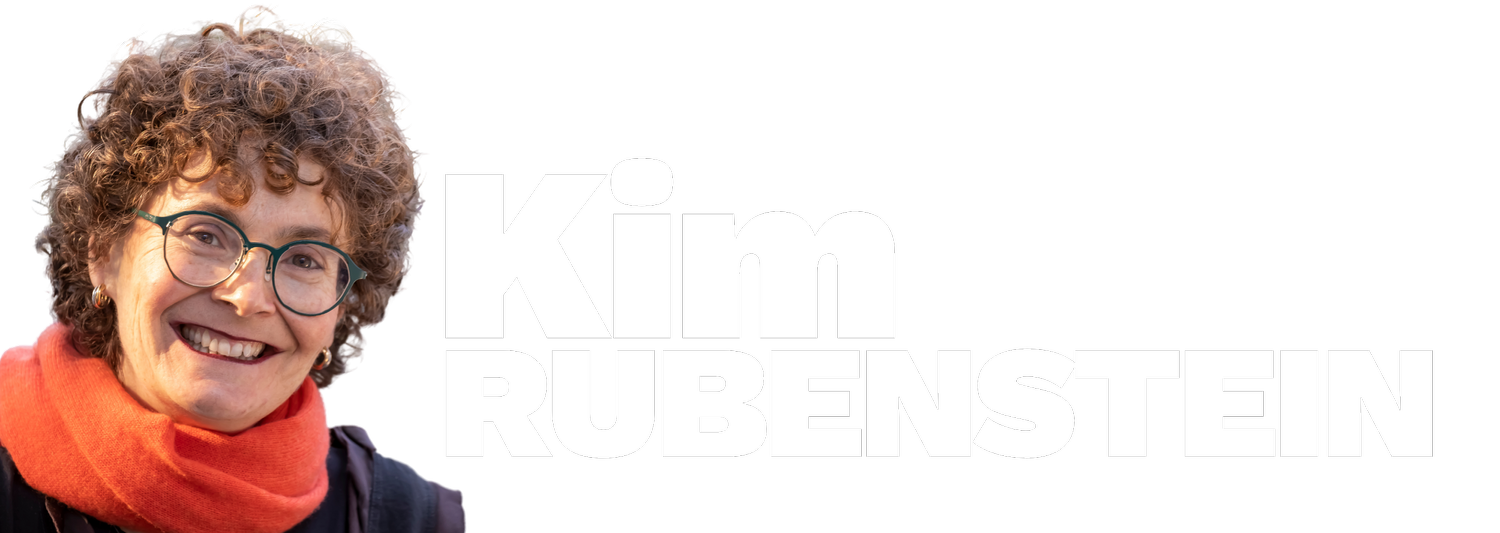Opinion Piece in ‘The Guardian’ (5 March 2021)
When Scott Morrison resisted further inquiry into the allegations against his primary law minister Christian Porter on Thursday, he declared “this is not the mob process … that’s not how we run the rule of law in Australia”.
The prime minister was suggesting that the police inquiry, now closed, was the only possible expression of the “rule of law”. But this is a narrow and misleading interpretation of what the rule of law means in a democracy.
On display from the nation’s preeminent workplace, he dropped the reins of example and exhibited his government’s sense of entitlement to power. Indeed, who governs and how they govern is central to assessing the health of a democracy and is a signal to the community of how those in power view their power. Central to this is the democratic compact – consent if you will – between those in power and those who elect them. The mob is constrained by the democratic ideal’s commitment to placing limits on the exercise of power by those who hold it.
A commitment to placing meaningful, lawful limits on the exercise of power is best expressed through the public law principle that those exercising power are subject to the rule of law.
Australia has a written constitution for this very reason. It places limits on the laws that can be made – both on the federal government and the states. And it also limits the way decisions are made by those with power under those laws – also known as administrative law. Section 75 (v) of the constitution requires any decision of a minister can be subject to judicial review; the courts determine the lawfulness of government decisions. We saw this recently when the court found the robodebt scheme (championed by Porter) was unlawful.
Ministerial accountability is also central to the exercise of power in Australia’s democratic framework. A commitment to ministerial accountability links the consent factor to the rule of law. In the 1970s, Australia’s rule of law framework was amplified by commitments to transparency (freedom of information laws), an independent reviewer of government action (the ombudsman), an administrative appeals tribunal (independent reviews of individual decisions) and better access to the courts for review of the lawfulness of decisions. Those expressions of the rule of law were intended to reinforce equality between those subject to the law and those directing it, yet they have been downplayed by governments over recent years. The rule of law is meant to harness the agency of the citizenry in placing limits on the power of those elected.
Legal philosopher Lon Fuller is clear that the rule of law refers to “legal power over subjects [as] distinguished from mere power over subjects”. Mob rule or brute force, when used by those in power heralds the end of the democracy.
But is what the prime minister currently referring to as “mob rule” better characterised as democratic will and expectation?
The prime minister needs to respect the agency of the citizenry. Citizens are now identifying the double standards being shown presently to the person in the highest government legal office of the land. It is publicly alleged that the attorney general committed a crime when he was 17, yet the only assessment of this has been through his public refutation in a press conference, without any formal review of the allegations.
The death of the alleged victim, after years of sharing information about the alleged crime, cannot be the end of the matter. True, her tragic death makes it more difficult to investigate her allegations, but the law is teeming with examples where that is the case or else murder would be the “perfect” crime.
Standing a minister down pending the outcome of an inquiry is commonplace in parliamentary systems the world over. The globe still spins and ministers come and go as they are exonerated or not, having endured the varying levels of scrutiny such inquiries comprise.
The rule of law should not be refashioned into a cover for resisting an independent inquiry into whether the current attorney general is fit and proper to continue in his role. Indeed, a commitment to a belief in the impartiality and steadfast commitment to the rule of law, where the very person responsible for its administration is facing serious allegations, demands that the inquiry be held as soon as possible.
It is by this means that the rule of law and the principles of representative democracy are safeguarded.
If the elected government chooses the standards of a different road, then the citizenry can express their active citizenship when determining, at the ballot box, who should be given the responsibility and privilege of exercising power on all our behalves.
Professor Kim Rubenstein is a professor and co-director of the 50/50 by 2030 Foundation in the Faculty of Business, Government and Law at the University of Canberra
In Australia, the crisis support service Lifeline is 13 11 14. If you or someone you know is impacted by sexual assault, family or domestic violence, call 1800RESPECT on 1800 737 732 or visit www.1800RESPECT.org.au. In an emergency, call 000. International helplines can be found via www.befrienders.org

